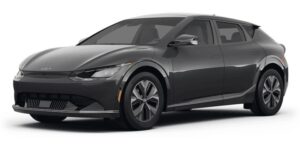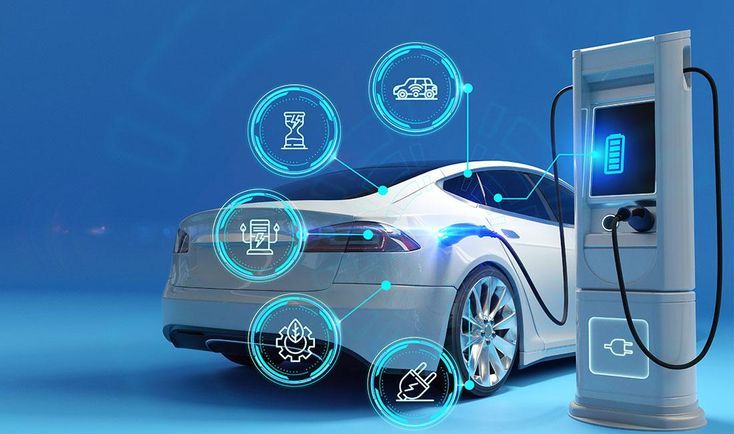Electric Vehicles: Is Nigeria Ready for the Transition?
The global shift towards sustainable transportation has sparked interest in electric vehicles (EVs) across various regions, including Nigeria. However, the question remains: is Nigeria ready for the transition?
Nigeria’s journey towards EV adoption is in its early stages. Several startups, such as MAX, and Jet Motor Company, are pioneering efforts to introduce electric vehicles into the Nigerian market. These companies are working to overcome challenges unique to the region, aiming to make EVs a viable option for Nigerians.

A significant concern for potential EV users in Nigeria is the reliability of the electricity supply. The country’s power grid has been historically unstable, leading to frequent outages. This instability poses a challenge for EV charging infrastructure, as consistent and reliable electricity is crucial for daily vehicle use.
To mitigate this, some EV initiatives are exploring alternative solutions, such as solar-powered charging stations, to reduce dependence on the national grid. Additionally, the Nigerian government has outlined ambitious plans to increase the share of electric vehicles to 60% by 2050 and 100% by 2060, indicating a commitment to improving the necessary infrastructure.
When considering the question, Which African countries use the most electric cars?, South Africa leads the continent with approximately 6,000 electric vehicles as of 2020. The country is also exploring local manufacturing of EVs, with plans to produce the first fully manufactured electric vehicle by 2026.
Other African nations, such as Kenya and Ethiopia, are also making strides in EV adoption. Kenya has reported a 285% increase in registered EVs over the past five years, driven by supportive policies.
Ethiopia has taken a bold step by banning the importation of gas-powered private vehicles to encourage the transition to electric mobility.
Challenges and Opportunities
For Nigeria, the path to widespread EV adoption involves addressing several challenges:
- Infrastructure Development: Establishing a network of reliable charging stations is essential. This includes exploring off-grid solutions like solar-powered chargers to circumvent electricity supply issues.
- Policy Support: Government incentives, such as tax rebates and subsidies, can encourage both manufacturers and consumers to embrace electric vehicles.
- Public Awareness: Educating the populace on the benefits of EVs, including lower maintenance costs and environmental advantages, is crucial for acceptance.
In conclusion, while Nigeria faces significant hurdles in transitioning to electric vehicles, the combination of entrepreneurial initiatives and governmental plans indicates a potential for growth in this sector. Addressing infrastructure and policy challenges will be key to determining if Nigeria is ready for the EV transition.
Electric Vehicles: Is Nigeria Ready for the Transition?







